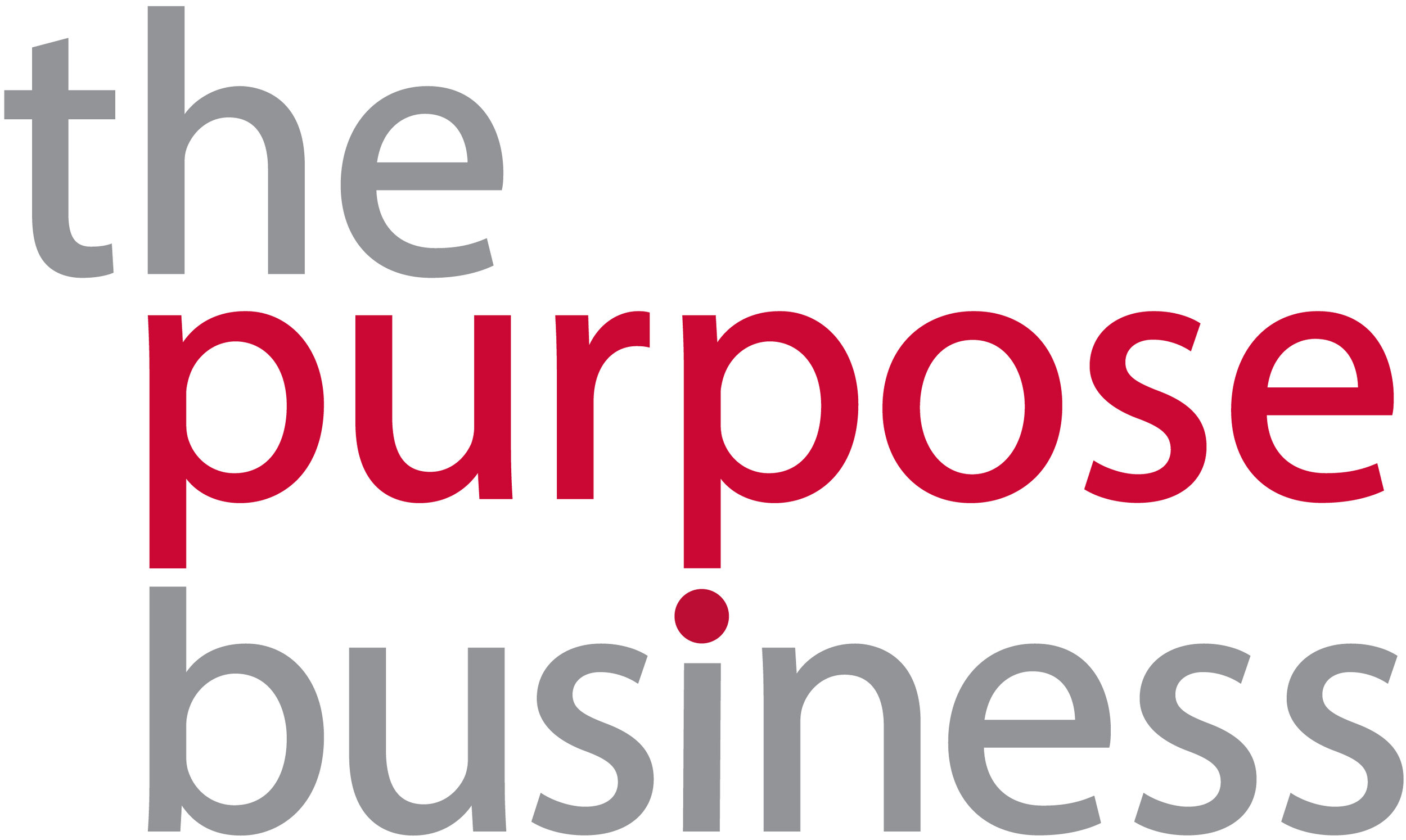The purpose litmus test: 3 surefire ways to activation
When the only measure of success is the usual record revenue growth or doubling share price, it falls short of evaluating long-term stakeholder value. Purpose enables businesses to use their competitive advantage for positive impact but the real challenge is whether purpose can be properly activated.
Businesses balance a myriad of interests across various stakeholder sets. For those operating in Asia’s developing countries, it’s a constant juggling act of responding to employee sentiments, delivering on customer demand, managing social license to operate for local communities, all while appeasing expectations from both investors and local governments. This stakeholder constellation requires a well thought-out strategy that, if unclear, can come across as incongruent, falling short of measuring and communicating real impact.
With global and regional movements forcing leaders to rethink how they truly create stakeholder value, a clear purpose guides businesses along the centre line as they address evolving priorities. When activated right, purpose enables businesses to use their competitive advantage to create positive impact.
The question then is whether the “stated” purpose is one that a company can activate and live out – and be held accountable for – notably by those stakeholders that they claim to listen to.
Here are three surefire ways to know if your purpose is actionable and relevant to stakeholders:
1. Purpose goes beyond goals.
When we engage with clients, whether through ESG advisory or developing their net zero strategy and disclosures, some say that they would like their purpose to help them “become an industry leader” or “attract the right investors”.
These, however, are objectives that they expect purpose to achieve. They are not the answer to why they do what they do.
Leaders often struggle to articulate success beyond targets and goals. When successfully lived out, purpose gives clarity to what businesses want to see happen – before, when and after they’ve doubled the share price or increased their market cap. While these goals are short-term and are attainable, purpose is the only north star that truly unlocks opportunities and energises businesses towards continued success.
Purpose speaks to the gap that the business uniquely fills. If your business were to disappear tomorrow, what would stakeholders be missing that is uniquely yours? This question encourages a deep dive into the impact that businesses have on their employees, customers, suppliers, distributors and partners.
A company’s history can also help bolster the “why” that will drive the business forward. As an example, when a Southeast Asia food and beverage company partnered with us to articulate its purpose, it was critical that we started with the founder’s legacy and family heritage as the driving force, then overlaid the growth spirit of today in their ambitions in profit, products and people.
2. Purpose is founded on authenticity and alignment.
Is your marketing tagline a teaser for customers or does it genuinely translate to how employees are treated? Branding and purpose differ in the way stakeholders relate to them. Purpose must be authentic not just to the customer by the shelves or to senior leadership who developed the purpose statement. Employees on the factory floor, middle management and suppliers around the world should also be able to identify with it and find meaning in what they do. If not, then dig deeper: Why doesn’t it resonate? What needs to change?
Internal alignment on what the business stands for is critical in creating value and impact. A PwC study shows that organisations are experiencing an overall disconnect between strategic goals and those who are expected to deliver on them, with only 39% of employees clearly seeing the value they create.
Companies with a motivated workforce who see how their jobs improve lives in turn lead to better productivity and performance. With the next generation of employees looking for much more meaningful work, a purpose lived out attracts exactly the talent they need to thrive.
3. Purpose can and must be measured.
At The Purpose Business, we believe that the success of a well-activated purpose is one that measures transformation across people, process and product. Here are some examples:
People
During the pandemic, Shakey’s Pizza in the Philippines reassigned its branch workforce in an effort to reduce travel time to less than an hour. In a country where employee wellbeing is challenged, starting from a 2-hour commute each way to work, giving the pizza parlour staff the opportunity to work at the branch closest to their homes truly demonstrated how Shakey’s purpose of “providing good times and good memories” applies not only to their customers, but also to their employees.
Process
Talk is cheap until commitments turn into KPIs. When Shui On Land (SOL) aims to “become a pioneer of sustainable premium urban communities”, the company invested in its 2030 5C Sustainable Development strategy – demonstrating urgency, transparency and commitment to their purpose. Earlier this year, they became the first China-based real estate company to sign up to the Science Based Targets Initiative (SBTi) and set targets that limit global warming to 1.5°C. SOL also launched its inaugural Sustainability-Linked Bond worth US$400 million where its main KPI is to reduce the Scope 1 and 2 Greenhouse Gases emissions intensity relating to the company’s assets.
Product
Evolving products to address markets gaps brought about by environmental and social challenges is a means to deliver on one’s purpose. Leading insurance broker and risk advisor Marsh, whose purpose statement is “protecting and promoting possibility”, recently pledged a strong focus on sustainability by launching an initiative to “enable companies with superior ESG frameworks to be recognised for their superior risk profiles and receive preferred policy terms and conditions on ESG-related exposures for directors and officers (D&O) liability insurance.”
Clearly all businesses want to be profitable and grow. However, when the only measure is business as usual metrics such as biggest market share or record revenue growth, it falls short of evaluating long-term stakeholder value.
An authentic, clearly defined and well-activated purpose gives businesses a path to creating positive impact over the long term and inspiring the very employees who deliver on its business goals. It starts from a strong mandate from the top: board and senior leadership cascading down to all levels and ultimately lived out, embodied and measured through its people, processes and products.




